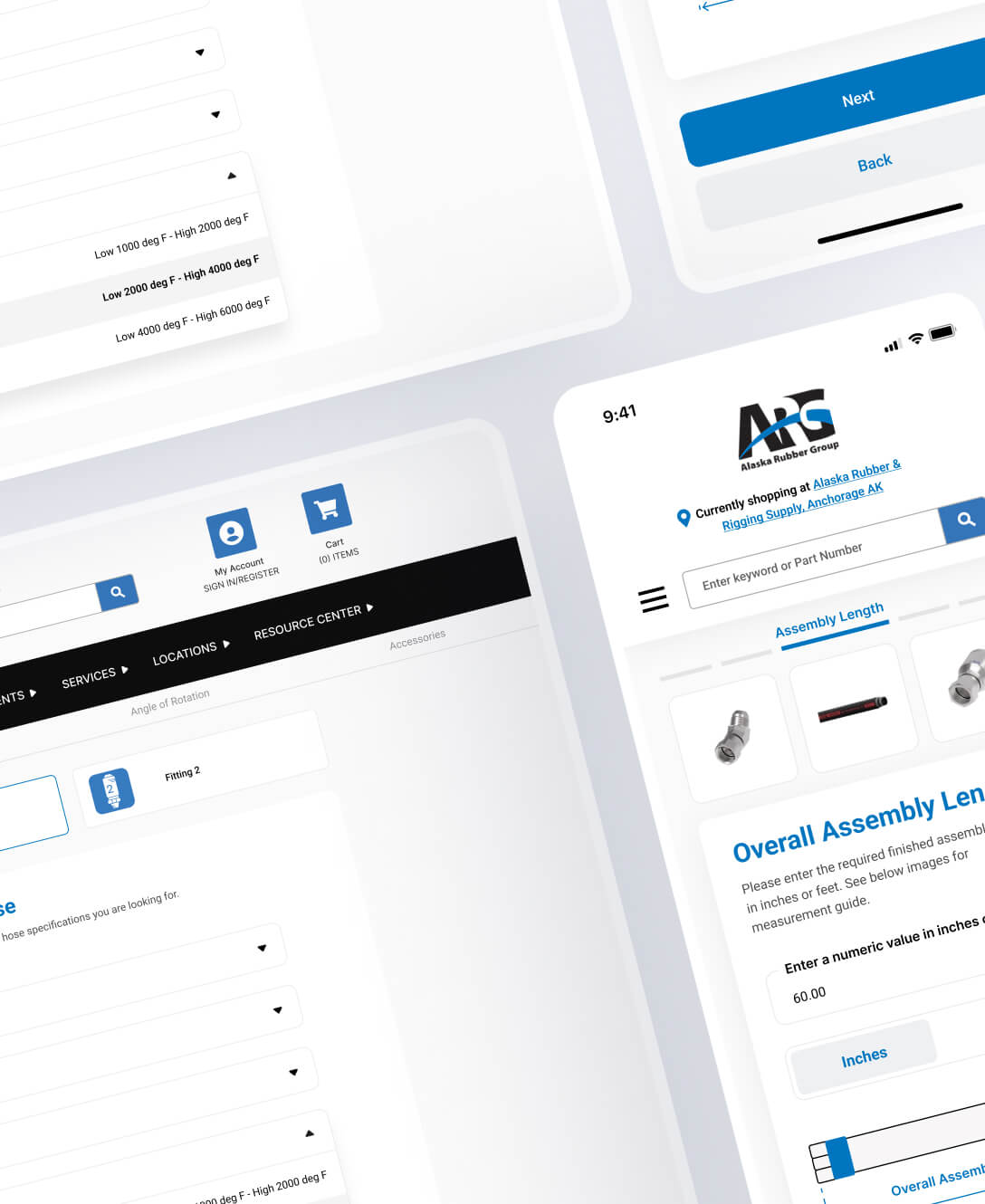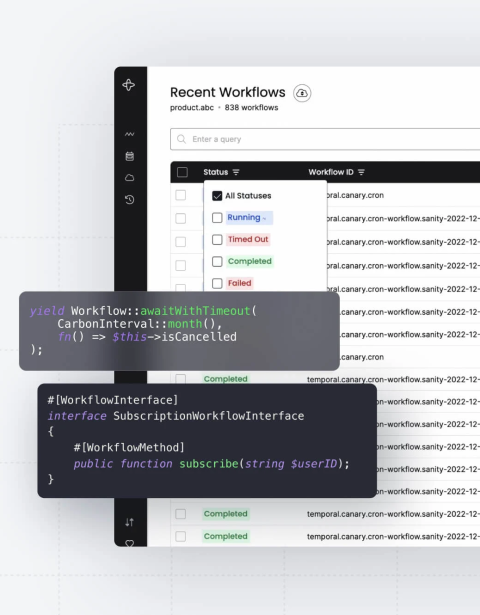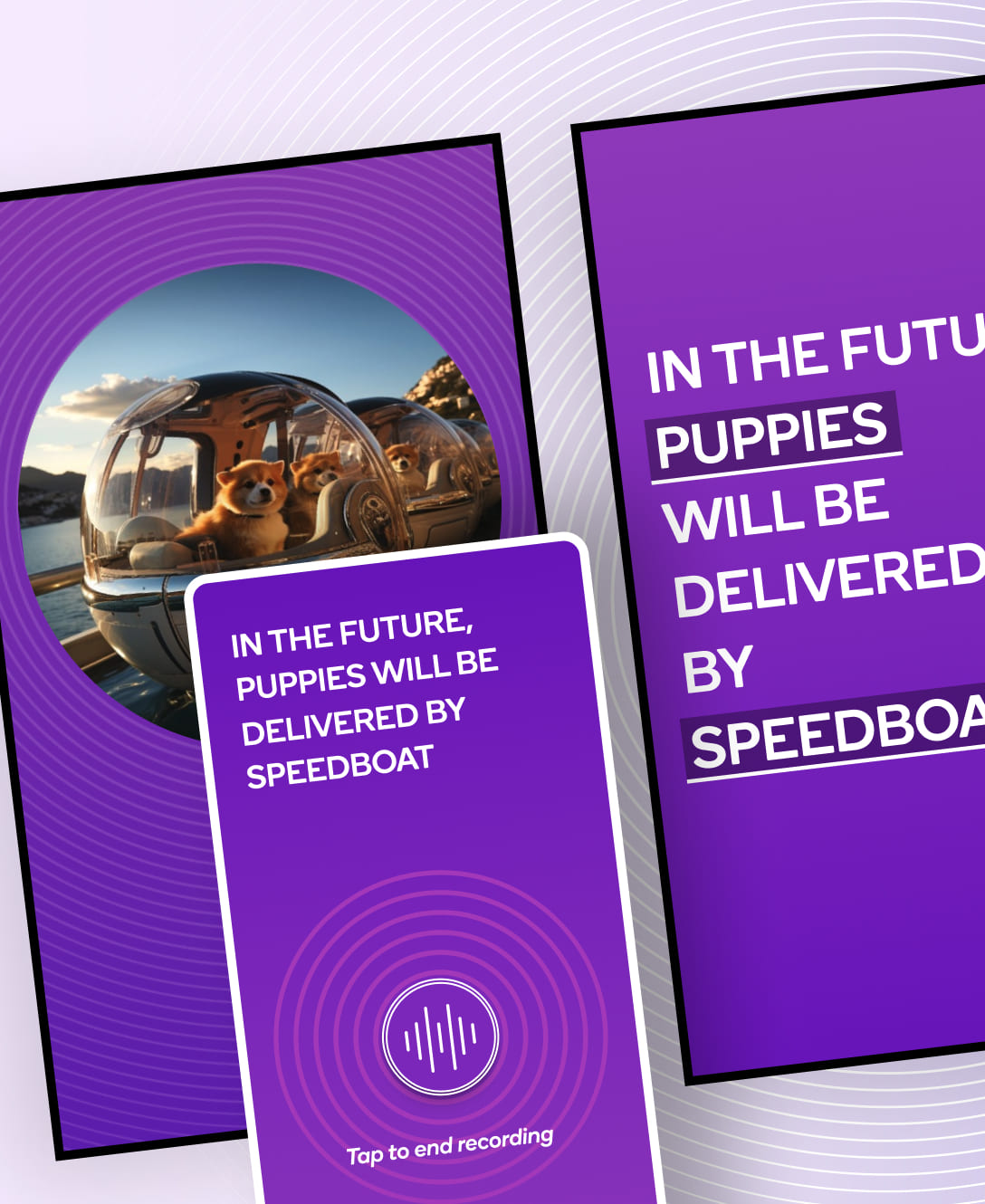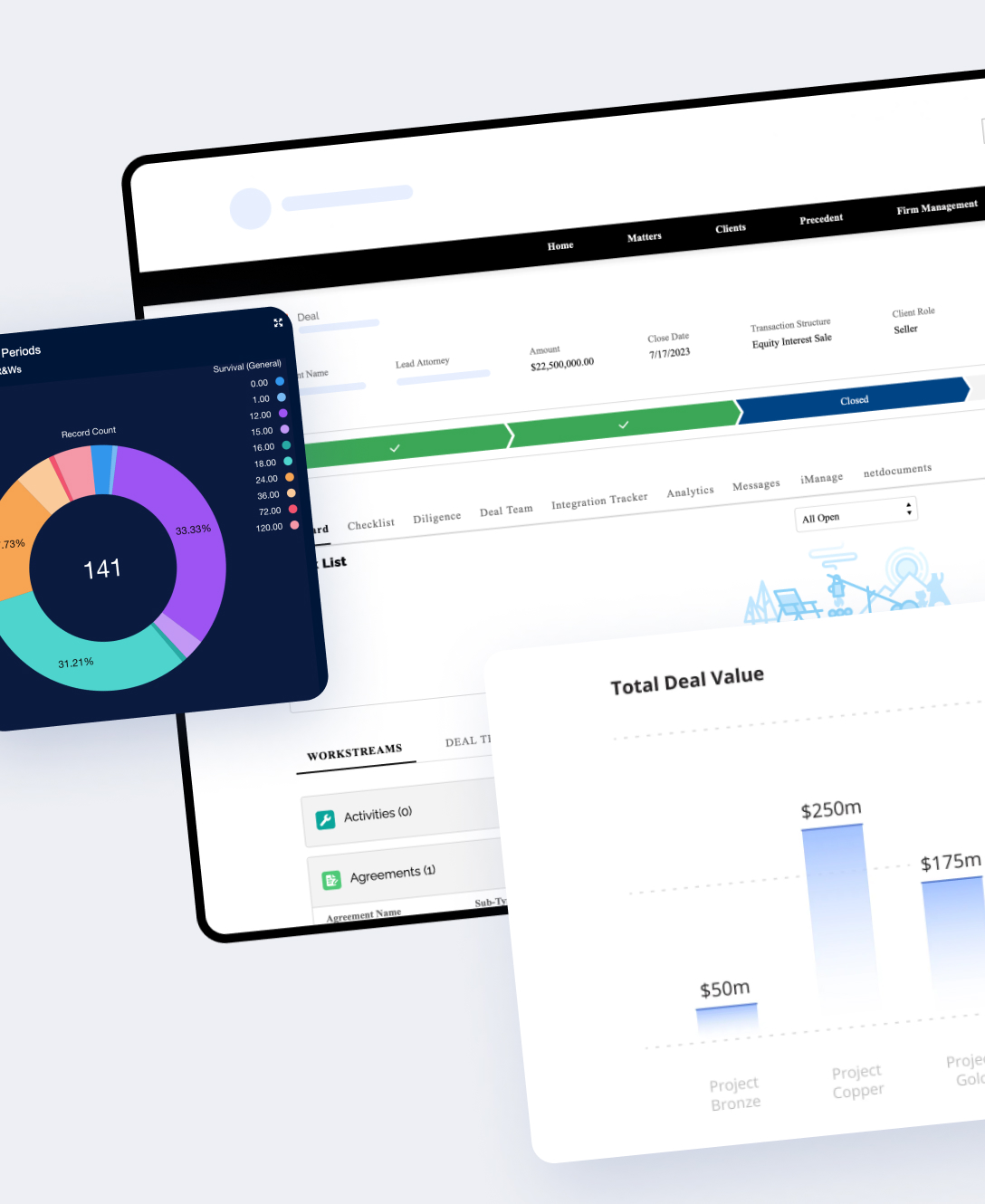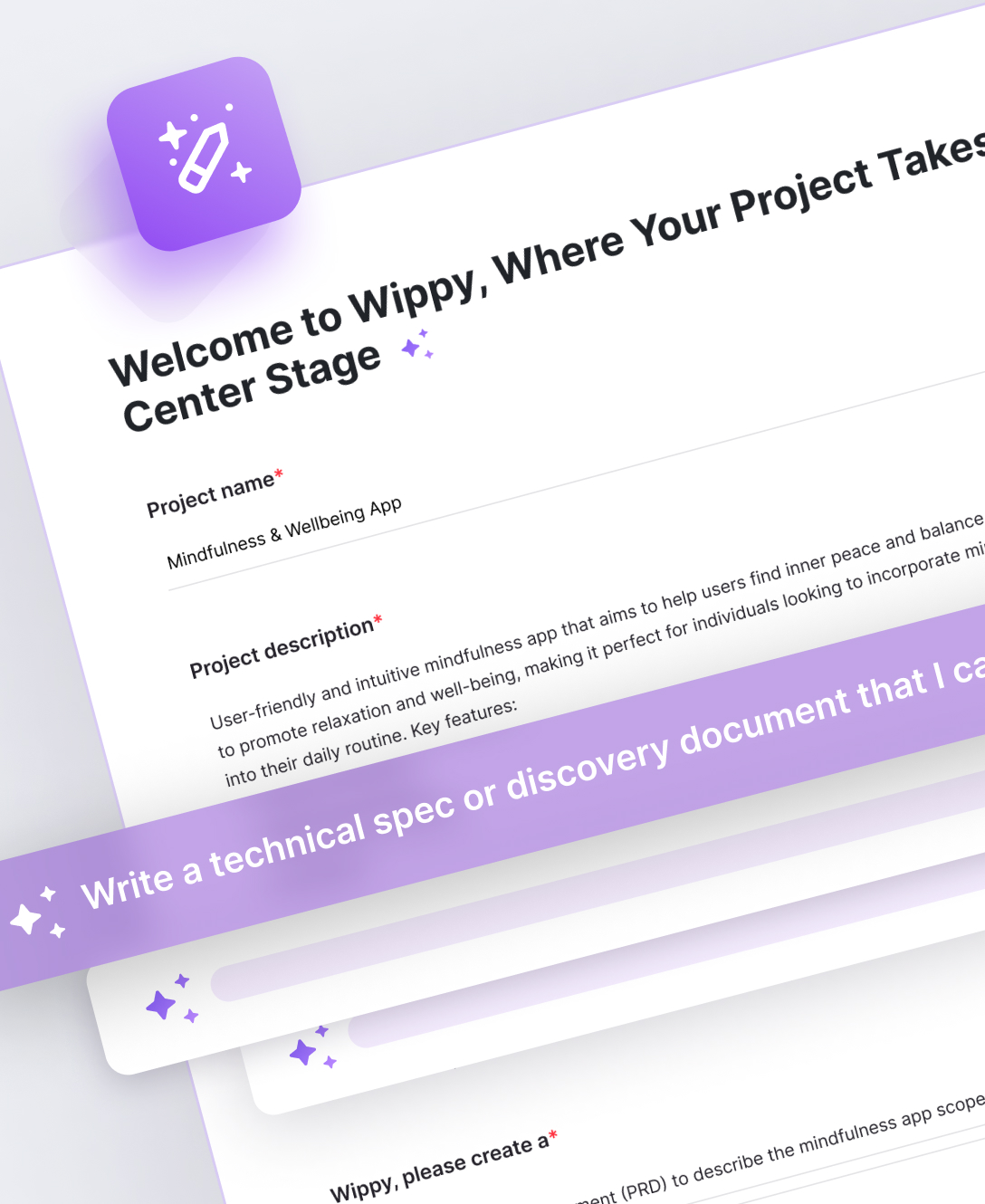B2B Software Development Case Study
golang
development
temporal
workflow automation
kubernetes
Orchestration
Solutions
Industries
Technologies

About Project
Appspace provides workplace experience management solutions, offering an enterprise-grade platform for communication, connectivity, and employee engagement. They needed a scalable content delivery system that could handle high traffic, support automated workflows, and optimize system performance. Spiral Scout was brought in to design and implement a reliable, high-speed content delivery platform.
Objectives
- Develop a scalable content distribution system using Golang.
- Implement workflow automation with Temporal to streamline content delivery.
- Optimize system performance to support high traffic and complex queries.
- Improve data management with indexing and query optimization.
- Enhance platform scalability with containerized orchestration and modular architecture.
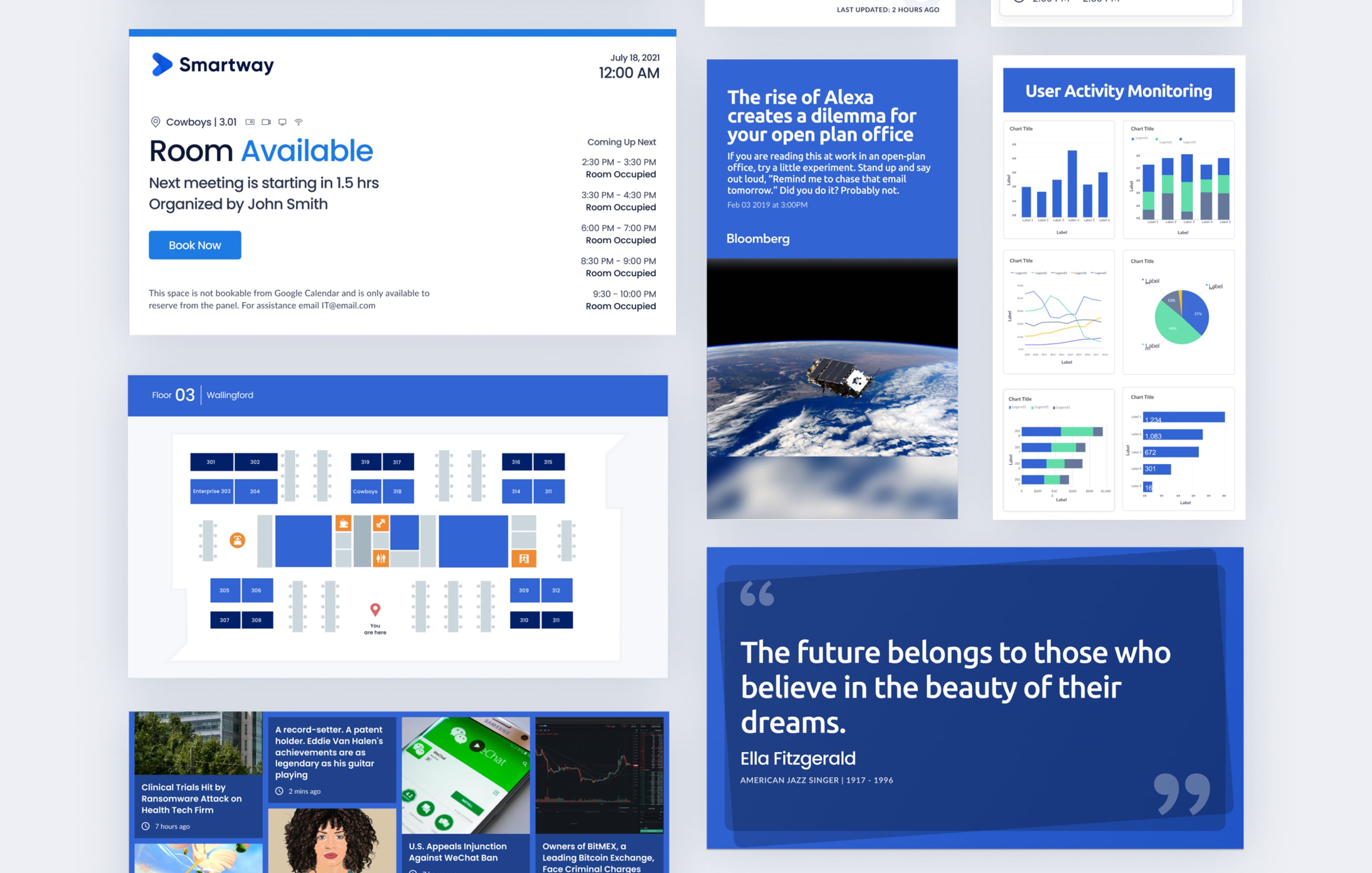
Challenges
Solutions
Performance Bottlenecks
Appspace’s existing content delivery system struggled with high request volumes, leading to slow load times and inefficient resource allocation.
Custom Golang Module
We developed a modular, event-driven content delivery system using Golang and Temporal, ensuring high-speed, automated content distribution that scales seamlessly with demand.
Workflow Complexity
Manual intervention was required to manage content updates and scheduling, creating operational inefficiencies.
Temporal Workflow Automation
Integrated Temporal workflow automation to streamline content management, reducing manual workload and ensuring real-time content updates.
Scalability Limitations
The platform faced challenges in handling an increasing number of users and content types.
Efficient System Design
Designed a modular system architecture using Kubernetes for efficient scaling, allowing Appspace to accommodate growing content demands seamlessly.
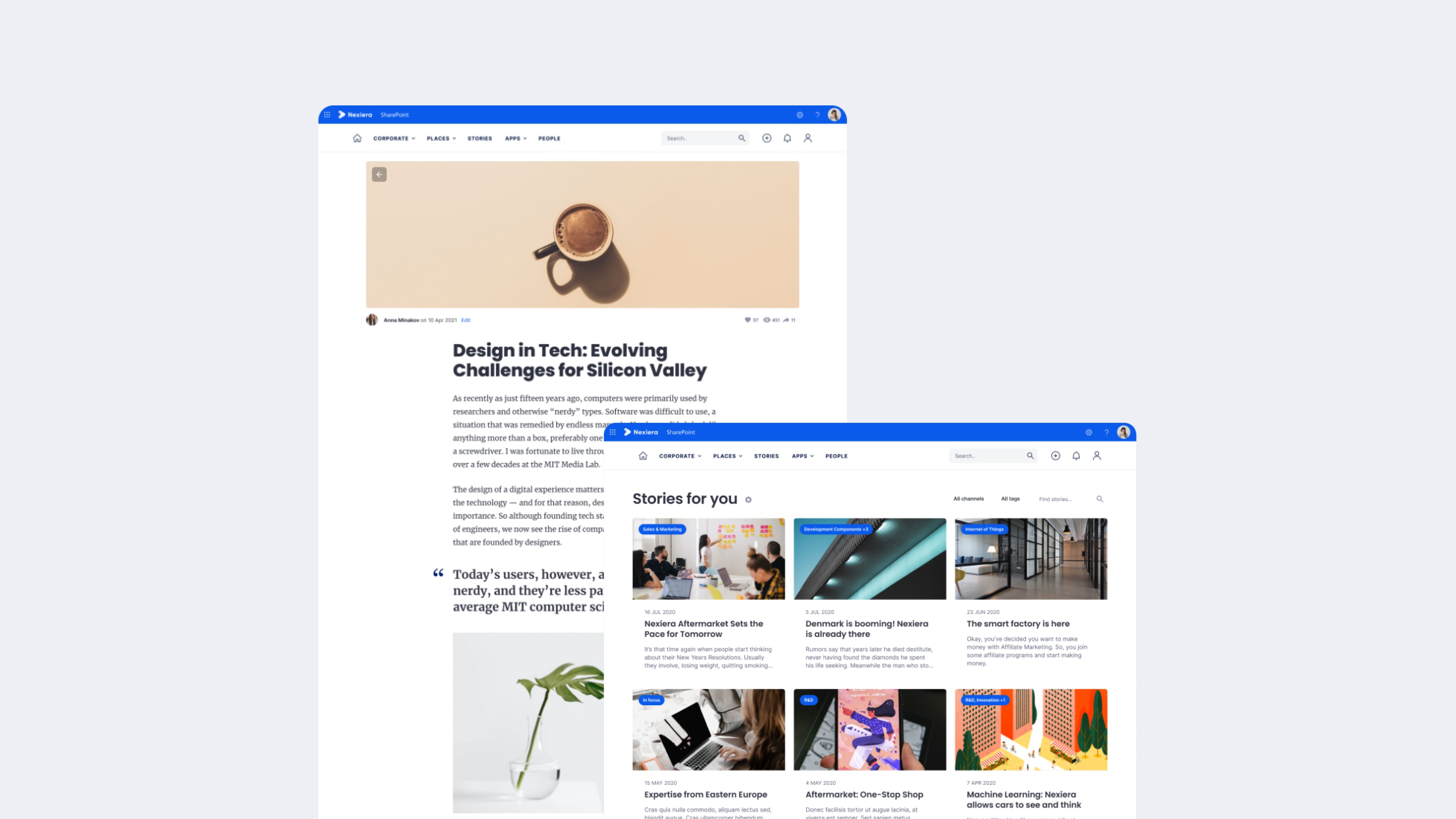
Project strategy
To ensure a high-performance content delivery system, Spiral Scout followed a structured approach:
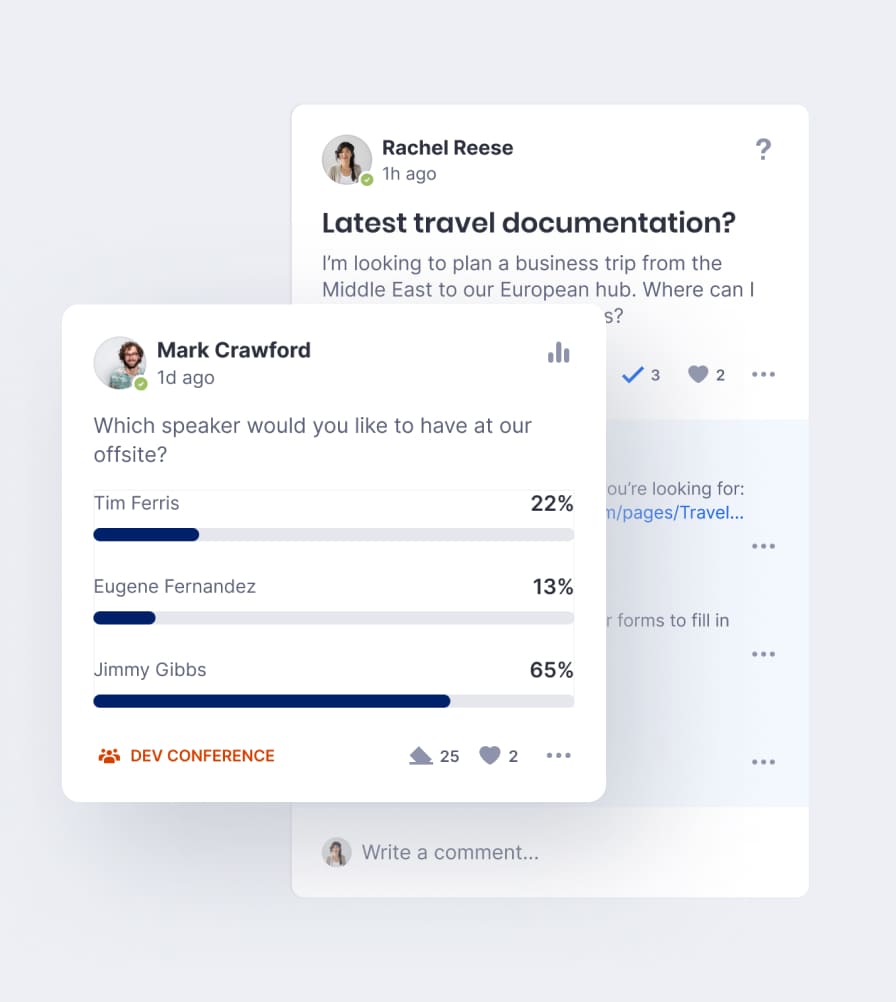
Product Discovery and Analysis
Conducted a deep-dive analysis of Appspace’s existing infrastructure, assessing content volume, rule complexity, and scalability needs. This phase helped define system requirements and select the right technology stack for seamless performance.
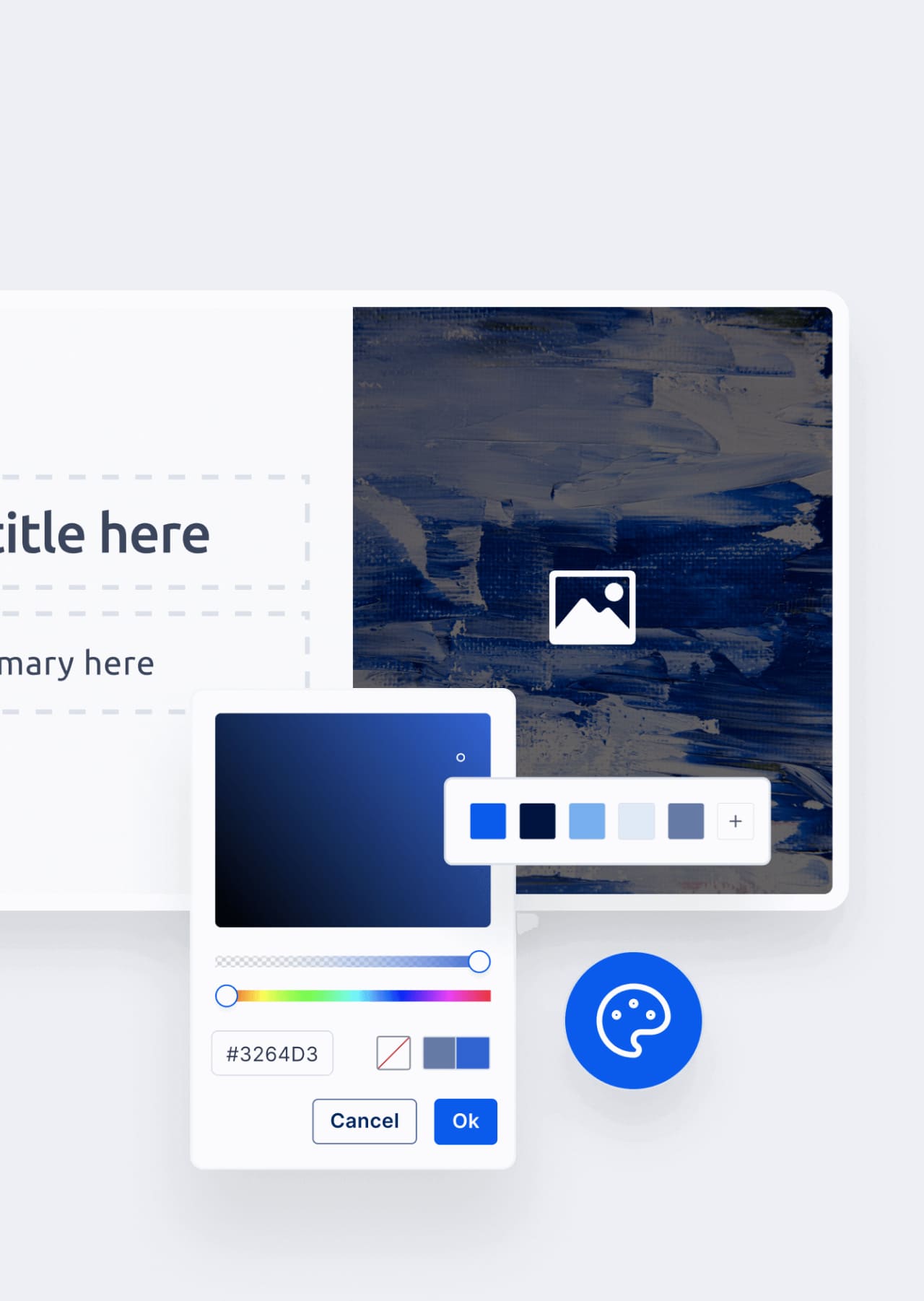
Modular System Design
Developed a modular architecture that allowed independent scaling of different system components. By implementing Kubernetes for orchestration and containerization, we ensured flexibility and efficiency in managing high traffic loads.
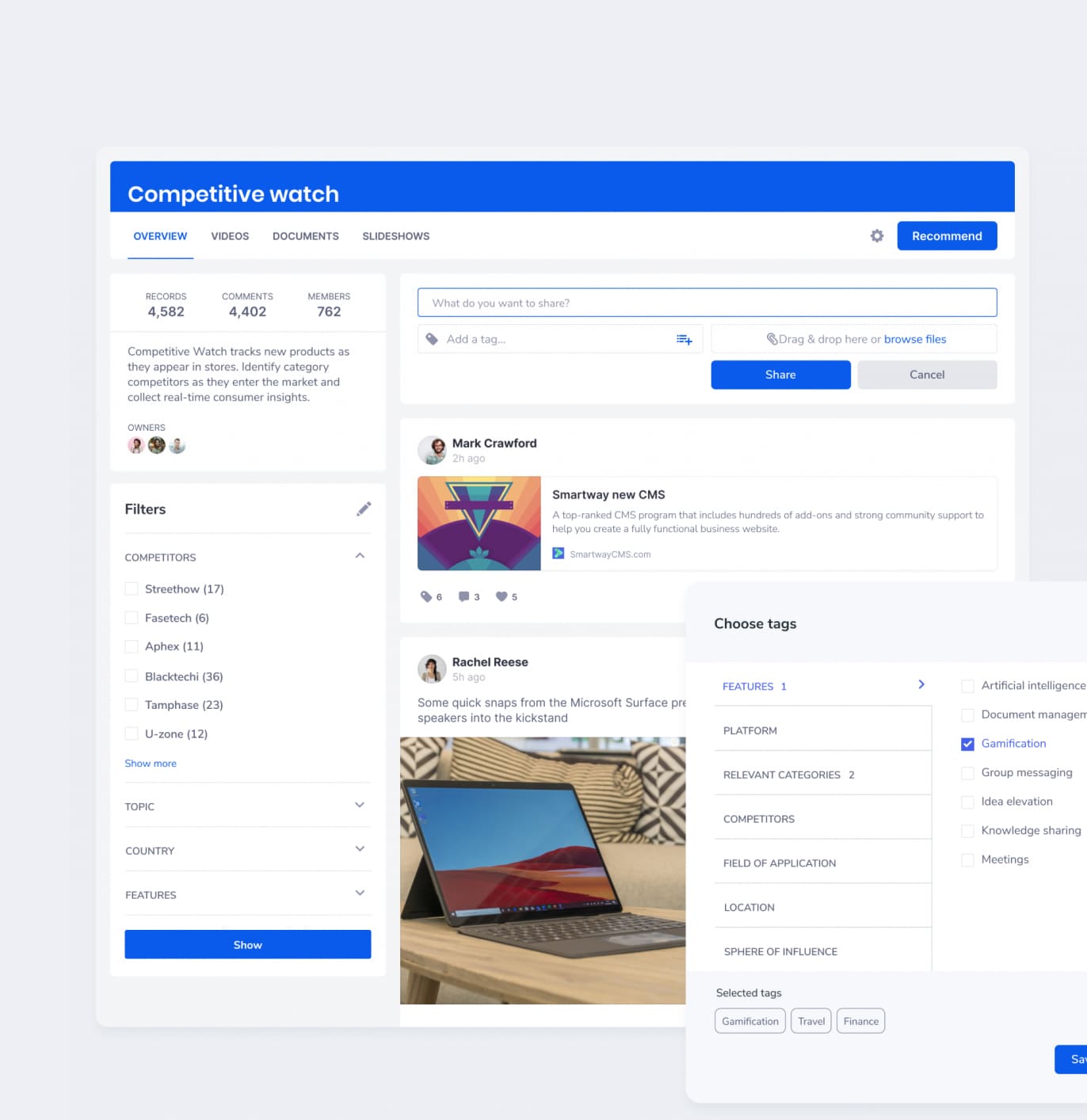
Advanced Data Management
Optimized data storage and retrieval processes through indexing and query optimization. These enhancements drastically improved content accessibility, reducing latency and supporting instant content delivery.
Project results
The new content delivery platform significantly improved Appspace’s system performance, reducing latency and ensuring seamless content distribution. The system efficiently handled 17.5k concurrent connections and processed 2,500 filtering requests per second on just 1GB of RAM, showcasing its scalability and efficiency. The automation workflows streamlined operations, reducing manual intervention and enhancing content delivery reliability.
deliverables
- Scalable content distribution platform with a custom Golang module.
- Workflow automation using Temporal to streamline content scheduling.
- Optimized system efficiency through advanced data indexing and query improvements.
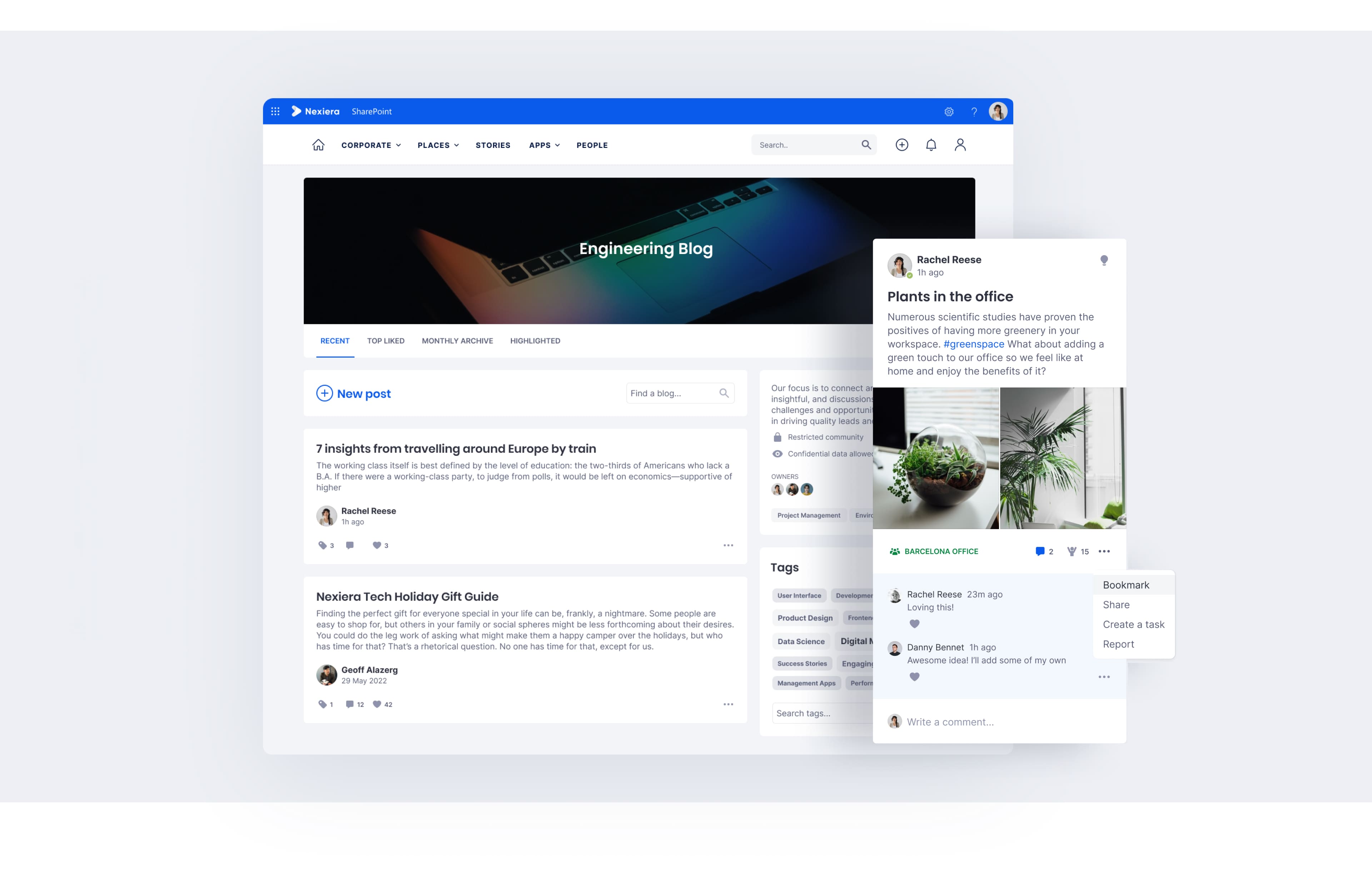
OVERALL SCORE
At Spiral Scout, we believe that when it comes to software development and delivery, it’s time for a change.
4.5
SCHEDULING
On Time / Deadline
5.0
QUALITY
Service & Deliverables
5.0
COST
Value / Within Estimates
5.0
NPS
Willing to Refer

